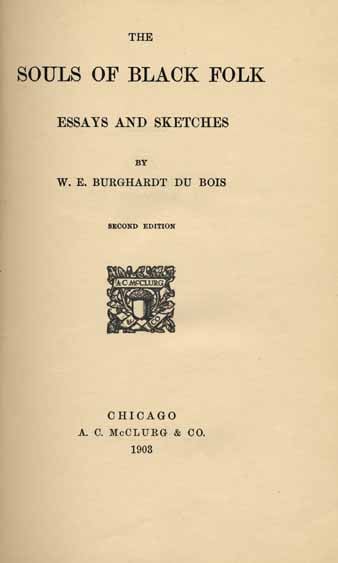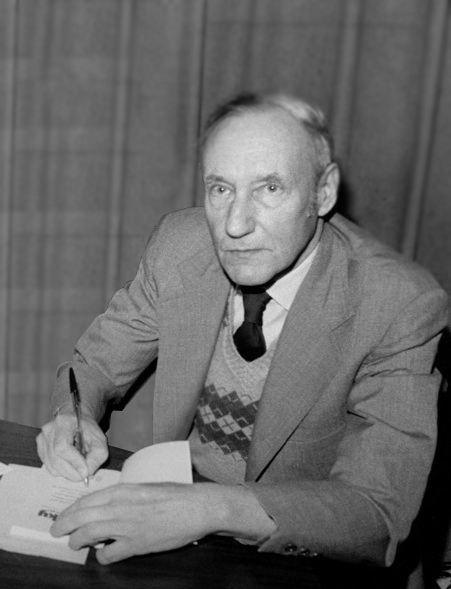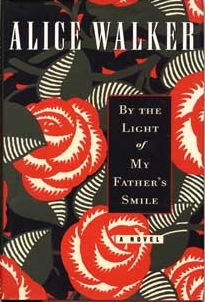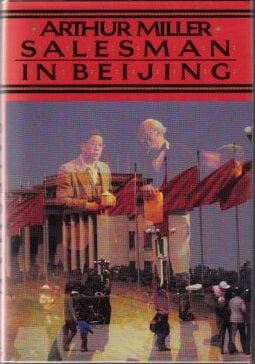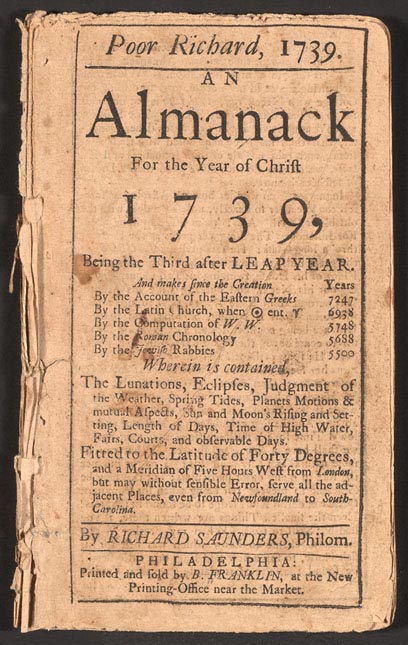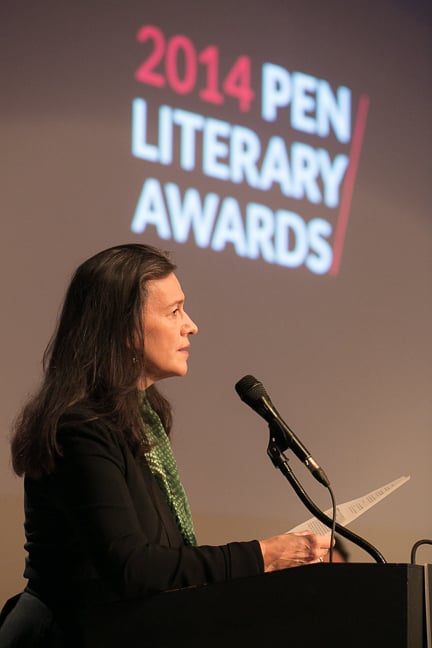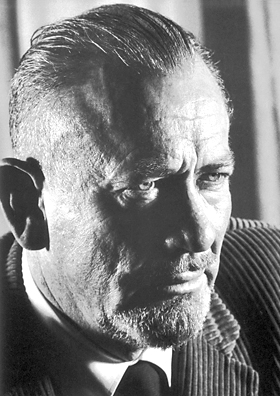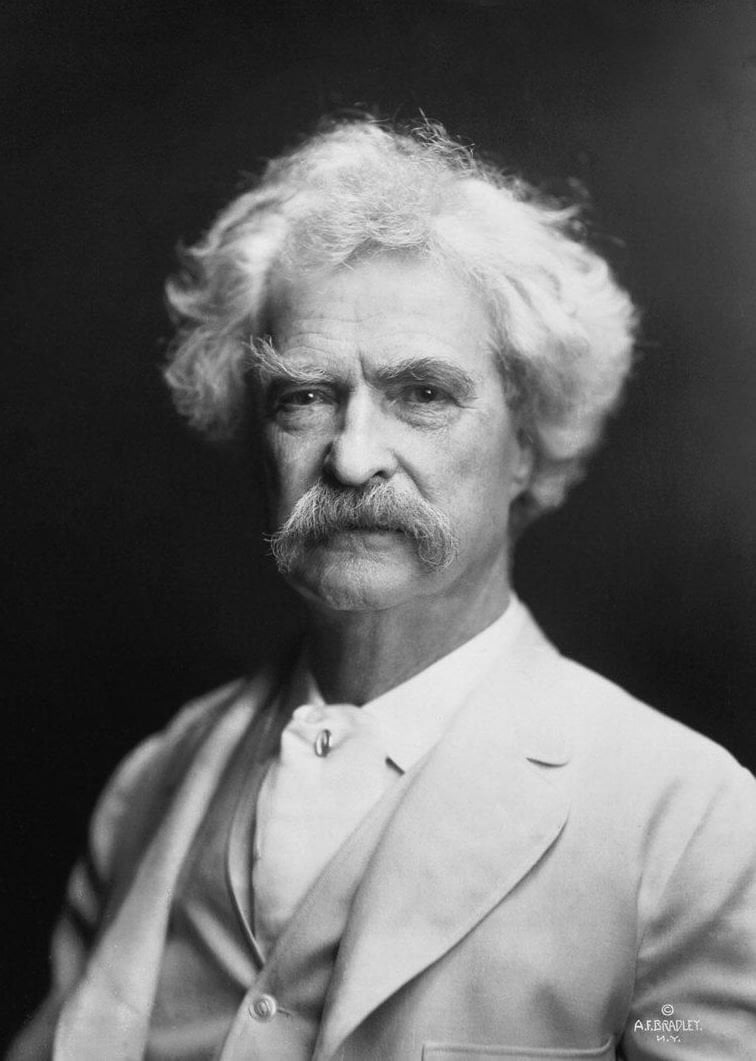Jonathan Safran Foer has enjoyed a stellar career for such a young author. He has written two novels, both best-sellers and both adapted by the cinema. He has one book that straddles the line between fiction and work of art entitled Tree of Codes. In making it, he pulled lines from Bruno Schulz's Street of Crocodiles and cut out physical holes in the pages so that different readings could be made, depending on the overlap of the pages. His extensive search for a publisher led him to Belgium's die Keure who was able to print it, but only in a paperback edition. His most recent book, the nonfiction exploration of meat consumption titled Eating Animals, rounds out a short but popular oeuvre of four books. The themes that permeate his work, that of childhood, loss, and memory, establish him as an author sincere about using history to build a better future.
us toll free: 1-800-948-5563 international: +1 (843) 849-0283 UK: +44 (0) 1334 260018





